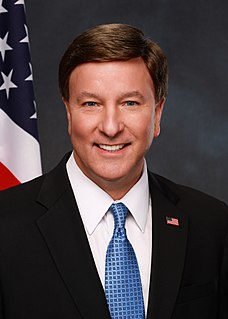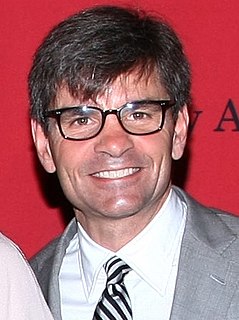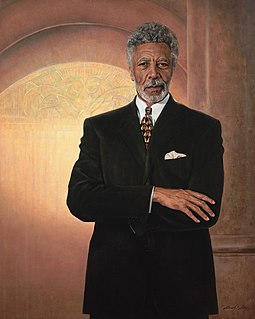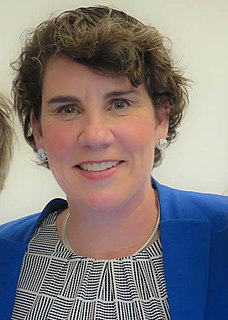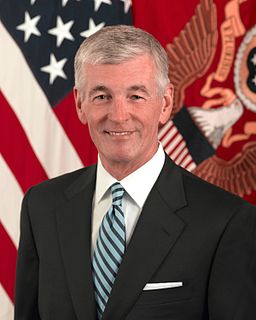A Quote by Mike Rogers
As the Pentagon makes plans for the largest troop rotation since World War II, I will work with the Armed Services Committee to help make this proposal a reality.
Related Quotes
There's a statement from several members of the Senate, both Democrats and Republicans, including the Democratic leader, Charles Schumer; John McCain, the chair of the Senate Armed Services Committee; and Lindsey Graham, also a member of the Senate Armed Services Committee. They write that recent reports of Russian interference in our elections should alarm every American. They say Democrats and Republicans must work together to investigate this.
Being a mayor was an awesome, difficult job. Being the chair of the Armed Services Committee was perhaps the most incredible time in my life, because I got up one morning, and the peacenik from Berkeley was chair of the Armed Services Committee, and it was the greatest - one of the great challenges of my life.
Iraq has the second largest oil reserves in the world, it is right in the midst of the major energy reserves in the world. Its been a primary goal of US policy since World War II to control what the State Department called "a stupendous source of strategic power" and one of the greatest material prizes in history.
There is a myth that the New Deal programs on their own pulled the US out of the Great Depression and created the conditions for the economic boom after World War II. As an economist, I can tell you, that is not true. In reality, it was mainly World War II that launched the boom - the massive war mobilization, the horrifying destruction and death caused by it, and then the reconstruction in its aftermath. he US was the only advanced capitalist country that was not bombed during the war.
I'm going to wait for the confirmation hearings. I'm familiar with General [John Francis ] Kelly because of my work on the Armed Services Committee. I think he is a fine general and I want to make sure that he has a handle on some of the complicated issues that are contained within Homeland Security.
